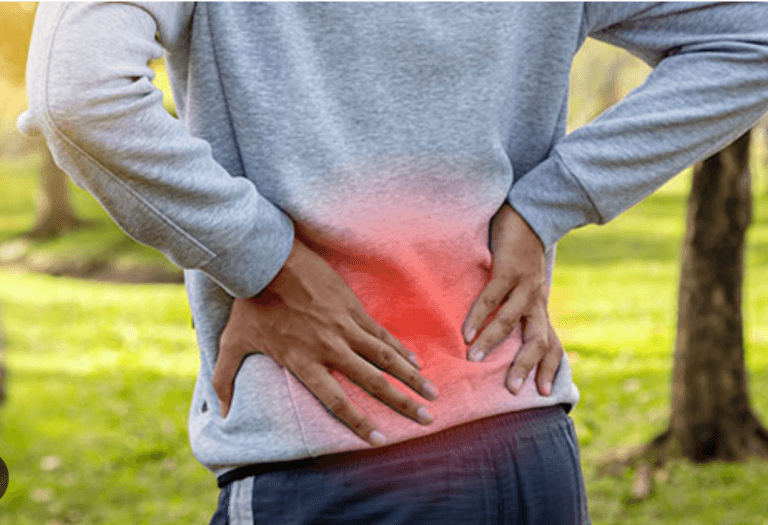Back pain refers to discomfort or pain that occurs in the muscles, ligaments, discs, nerves, or bones of the back. It can be localized to a specific area (e.g., lower back or upper back) or radiate to other areas, such as the legs or arms. Back pain is one of the most common reasons for people to visit healthcare providers and can range from mild and temporary to severe and chronic.

Back pain can be classified into different types based on factors such as location, cause, and duration. Understanding the type of back pain can help in identifying the most appropriate treatment. Here are the main types of back pain:
Back pain is a widespread issue that can result from a variety of causes. Understanding the common causes of back pain can help in addressing and treating the problem. Here are the most common causes of back pain:
Diagnosing back pain involves a thorough process of evaluating the patient’s symptoms, medical history, and performing physical examinations. In some cases, additional tests or imaging studies may be required to identify the underlying cause. Here’s an overview of the common steps involved in diagnosing back pain:
If the cause of back pain is not clear from the physical examination or history, imaging studies may be used to provide more insight. These tests help visualize the bones, discs, and soft tissues in the spine.
Blood tests are typically used when there is a suspicion that an infection, inflammatory condition, or other systemic disorder is causing the back pain.
Urine tests may be used if kidney problems, such as kidney stones or infections, are suspected to be causing back pain.
The treatment for back pain depends on the underlying cause, severity, and duration of the pain. Most back pain cases can be managed with conservative treatments, but in some cases, more advanced or invasive treatments may be required. Here’s a breakdown of common treatment options for back pain:
Surgery is typically reserved for cases where conservative treatments have failed or when there is a serious underlying condition, such as a herniated disc causing nerve damage, spinal stenosis, or severe spinal deformity.
We will do our best to accommodate your busy schedule. Request an appointment today!
Mon-Fri: 9am-5pm